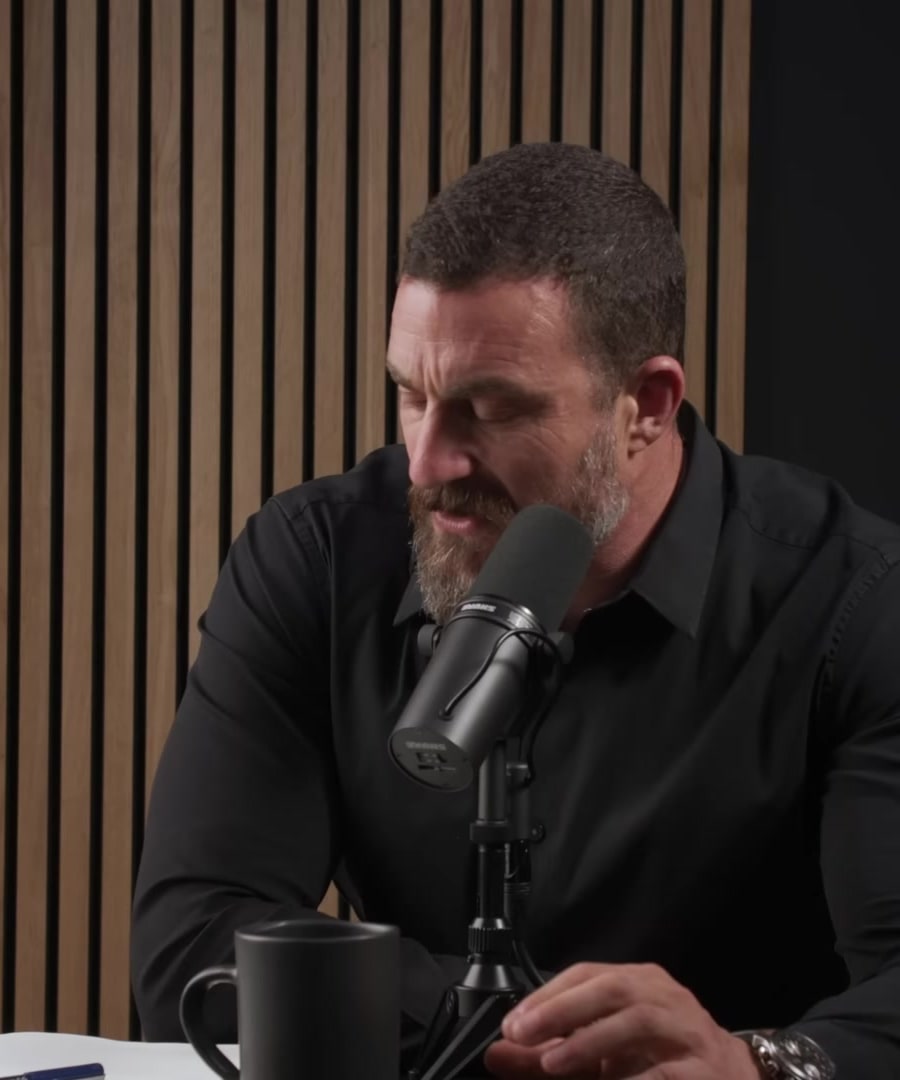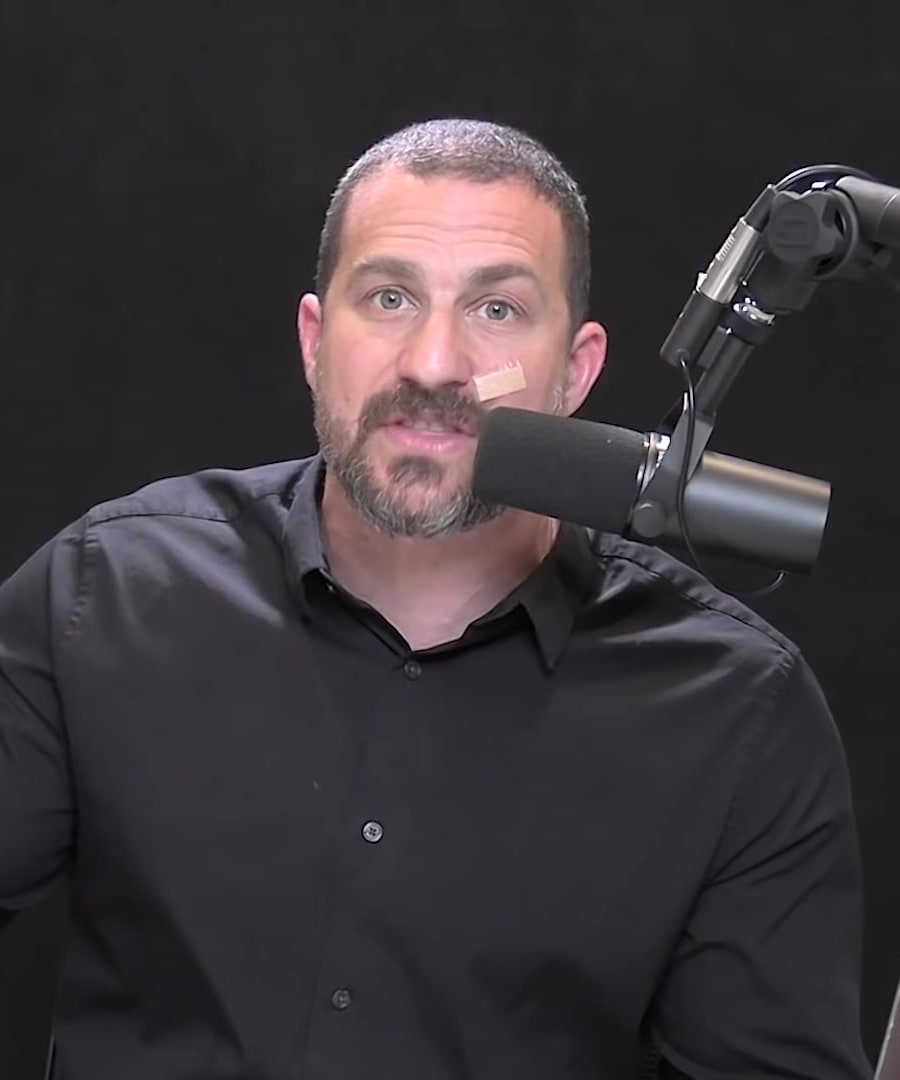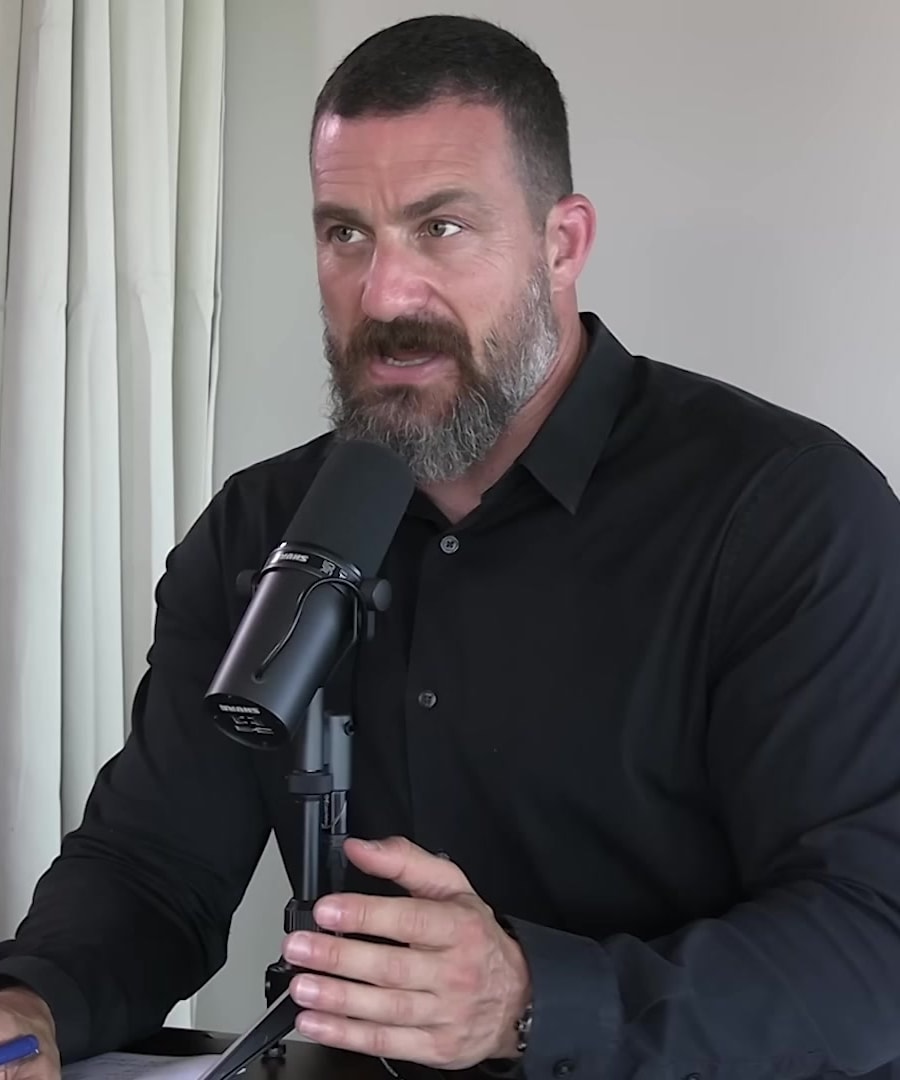What protocols are recommended for improving sleep?
Sources:
To enhance sleep, the Huberman Lab recommends various protocols addressing both behavioral and environmental factors:
-
Non-Sleep Deep Rest Protocols (NSDR): This includes tools like hypnosis and yoga nidra, which are effective in calming the nervous system and aiding in falling back asleep if woken up at night. Regular practice teaches the brain to turn off thoughts and facilitate sleep without medication 1.
-
Sleep Hypnosis: A particular recommendation is for the Reverie app's sleep hypnosis, which has been found to help people fall asleep faster, stay asleep, and fall back asleep if awakened during the night 2.
-
Optimizing Sleep Behavior: Prioritizing quality sleep is essential, as it modulates focus, attention, and overall health. A sleep toolkit is available to help optimize sleep habits 3.
-
Daytime Meditation: Brief daily meditation can enhance cognitive functions and potentially reduce total sleep needs. Avoid meditation too close to bedtime to prevent sleep disruption 4.
-
Virtusan App: The app provides 'journeys' for different goals, including sleep optimization. It tracks progress with various science-based protocols for mental, physical health, and performance 5.
-
Monitoring Daily Habits: Keeping a journal of when you wake up, get sunlight exposure, exercise, and perform NSDR protocols can provide insights into your sleep-wake patterns and areas for improvement 6.
These techniques are aimed at enabling an individual to learn how to downregulate their nervous system better, manage sleep anxiety, and maintain a healthier sleep routine. Always consult with healthcare professionals before starting any new supplement or rigorous protocol.
-
How does porn decrease testosterone
Sources:
The Huberman Lab has discussed the relationship between pornography, sexual behavior, and hormones in some detail. Specifically, regarding testosterone levels, elucidates that watching pornography can cause slight increases in testosterone during the observation phase, citing a study that reported about a 10% increase during this activity. Conversely, participating in the actual physical act of sex led to a much more substantial testosterone increase of around 70% 1.
Furthermore, Kyle Gillett, a dual board-certified physician in family and obesity medicine, discusses with how frequent masturbation to the point of ejaculation, especially when paired with porn consumption, can decrease testosterone levels and limit libido in the real world. The increase in prolactin post-ejaculation inhibits the release of hormones like LH that can elevate testosterone, meaning frequent masturbation could be detrimental to the hormonal profile of males if done daily or multiple times per day. They also explain the negative impact of pornography increasing dopamine sensitivity 2.
It should be noted that testosterone has various complex roles in the body and behavior, as highlighted by neuroendocrinology researcher Robert Sapolsky. Therefore, the relationship between sexual behavior, including pornography consumption, and hormones like testosterone can be subtle and multifaceted 3.
Given the above information, it's not entirely clear that pornography directly decreases testosterone but rather that certain related behaviors can influence testosterone levels and other aspects of hormonal health and sexual function.
RELATED QUESTIONS
What protocols are recommended for improving sleep?
How does porn decrease testosterone
- RELATED QUESTIONS








